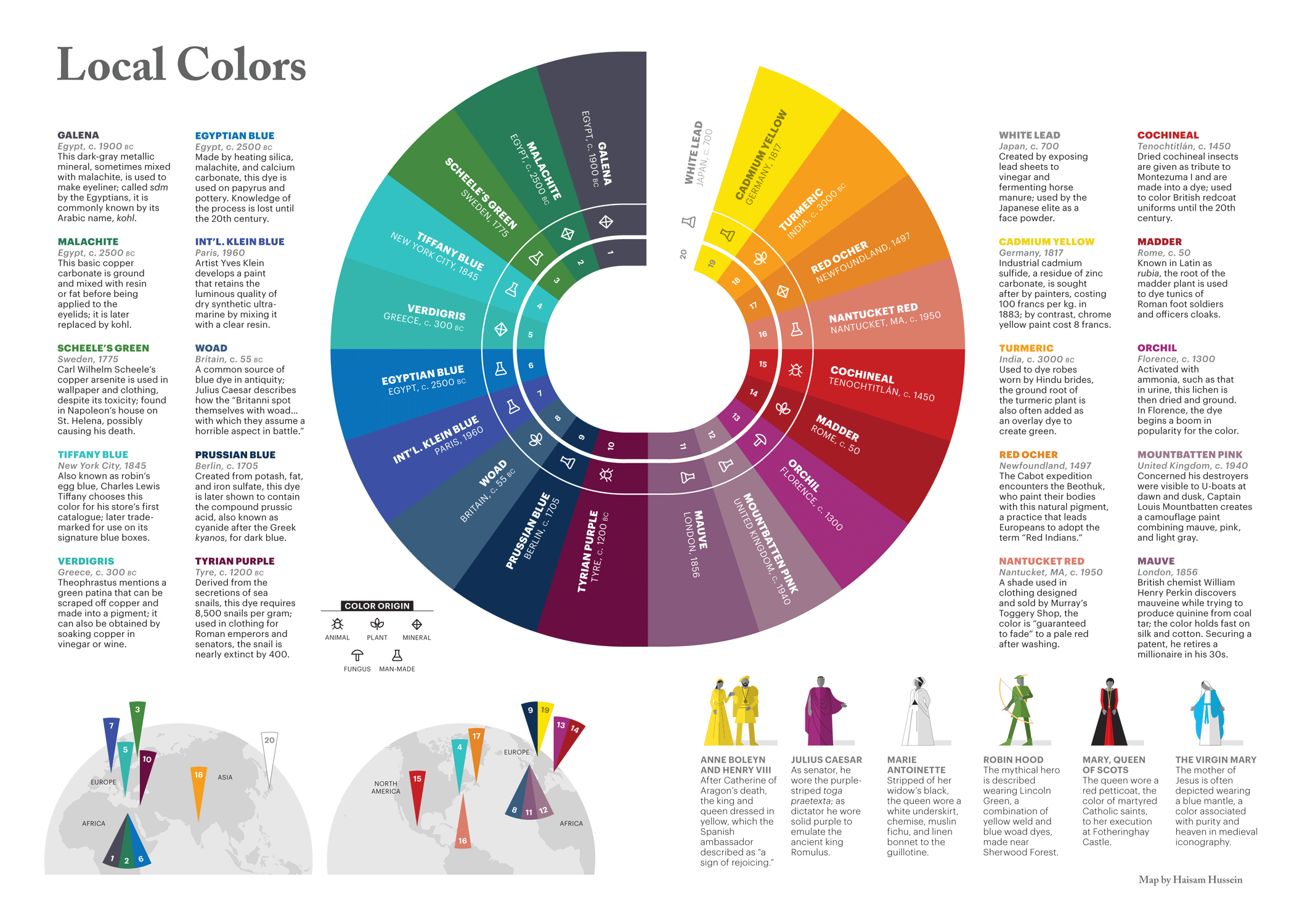Engaging first-year students in humanities is crucial for fostering a deeper appreciation for the arts and culture that shape our society. As we witness a decline in enrollment in these vital fields, initiatives like the Harvard humanities initiative are stepping up to captivate the interests of new college students. By rethinking introductory humanities courses, educators aim to ignite curiosity in first-year college students and redirect their academic journeys toward the enriching study of arts and humanities. Through innovative teaching methods and diverse curricula, these courses not only attract first-year students but also enhance their overall educational experience. Emphasizing college enrollment strategies that prioritize engagement offers a unique opportunity to enrich young minds with the profound insights that humanities education can provide.
To attract and inspire newcomers to the field, engaging first-year scholars in the study of human culture is essential. This collaboration echoes the broader mission to revitalize interest in introductory courses within the arts and humanities, encouraging participation from those beginning their college experience. By redefining college courses to be more relatable and stimulating for incoming students, institutions can cultivate a vibrant academic environment that emphasizes creativity and critical thinking. Furthermore, refreshed curricula can bridge connections between literature, philosophy, and the broader cultural landscape, inviting students from diverse backgrounds to explore profound human questions. This approach mirrors successful enrollment strategies seen in other disciplines, ensuring that students find value and meaning in their studies.
Revamping Introductory Humanities Courses for First-Year Students
In response to declining interest from first-year college students in the humanities, Harvard is launching a series of innovative courses designed to rekindle student enthusiasm. Professors are critically evaluating their current introductory offerings and observing how historical cultural debates, like the ‘Canon Wars,’ have shaped perceptions of those subjects. By introducing new perspectives and fresh texts, educators aim to present the arts and humanities in a way that resonates with today’s students, making the learning experience more engaging and relatable.
The newly curated courses, such as ‘Introduction to the Medical and Health Humanities’ and ‘Culture in Context,’ are specifically tailored to highlight the relevance of the humanities across various contemporary issues. This educational strategy reflects a broader trend in college enrollment strategies that seeks to attract students into the fascinating realms of arts and culture by aligning course content with their interests and societal relevance. As students embark on their academic journey, these courses are designed to illuminate the importance of humanities disciplines and why they remain vital in our understanding of human experience.
Innovative Strategies for Engaging First-Year Students in Humanities
To successfully engage first-year students in the humanities, institutions must prioritize creating courses that encourage curiosity and deep exploration. Sean Kelly’s initiative highlights a proactive approach that combines the foundational principles of humanities with modern pedagogical strategies. By focusing on questions about the human condition, courses can spark interest among students who may not have previously considered the humanities as a viable path for study.
These innovative strategies also echo the principles outlined in successful programs like the Harvard humanities initiative, which has inspired similar overhauls in curriculum at other institutions. Cultivating an engaging learning environment not only retains student interest but actively involves them in discussions about life’s fundamental themes, fostering a deeper appreciation for arts and humanities engagement that extends beyond mere academic requirements.
The Importance of Curricular Innovation in the Arts and Humanities
Curricular innovation plays a crucial role in reversing trends of declining enrollment in the arts and humanities. In the wake of criticism regarding traditional approaches, professors are urged to rethink their teaching methods and course offerings. By introducing contemporary themes and integrating real-world applications, educators can make the study of arts and humanities feel dynamic and significant.
The commitment to innovate is strongly showcased by the selection and development of introductory courses that not only attract first-year students but also enrich their academic experience. This shift aligns with recent studies indicating that a modernized approach to teaching the humanities can foster a genuine love for the subjects, enabling students to pursue deeper academic inquiries later in their college careers.
Building a Strong Foundation in the Humanities for Future Success
Establishing a comprehensive foundation in the humanities is paramount for first-year students at colleges like Harvard. Courses such as ‘The Human Sciences: Fundamentals and Basic Concepts’ aim to equip students with essential critical thinking skills and an understanding of core humanistic concepts. These foundations serve as a gateway to exploring complex ideas in literature, philosophy, and the arts.
Understanding key concepts such as metaphor, consciousness, and ethical considerations not only enhances students’ academic pursuits but also prepares them for informed citizenship. This knowledge fosters a sense of cultural literacy that is invaluable in today’s diverse and interconnected world, allowing students to appreciate the transformative power of the humanities in both personal and societal contexts.
Emphasizing the Intrinsic Value of the Humanities in Education
The intrinsic value of the humanities extends beyond practical applications; it encompasses the profound insights and depth of understanding that can be gained from studying literature, philosophy, and the arts. Dean Kelly emphasizes the necessity of engaging students with the question of why these subjects matter, especially through interactions with classic texts like Shakespeare’s ‘King Lear.’ By focusing on the human experience embodied in these works, students are encouraged to connect personally with the material.
Highlighting the intrinsic worth of humanities education not only enhances student engagement but also fosters empathetic and critical thinkers who can navigate the complexities of modern life. As such, institutions are encouraged to create an academic culture that celebrates the transformative experiences made possible through the study of the arts, reinforcing the importance of a well-rounded education.
Incorporating Real-World Issues into Humanities Curriculum
Modernizing the humanities curriculum by incorporating real-world issues is crucial for captivating today’s first-year students. Courses like ‘Migration and Border Crossing in Film and Photography’ not only draw students in through relevant topics but also deepen their understanding of societal challenges. Engaging students with issues they are likely to encounter in their lives can spark compelling discussions and critical reflections, transforming their educational experience.
This approach allows students to connect theoretical concepts with practical realities, illustrating how the humanities address pressing social problems. By bridging the gap between classroom learning and the outside world, educators empower students to see the relevance of the arts and humanities in contributing to meaningful discourse within society.
Preparing Students for Lifelong Learning through Humanities Studies
Incorporating a robust humanities education prepares students for a lifetime of critical engagement, fostering skills applicable in numerous fields. By introducing foundational courses early in their college experience, institutions can inspire curiosity and promote habits of intellectual inquiry that endure long beyond graduation. This emphasis on lifelong learning is essential in shaping students who are adaptable and equipped to navigate an ever-evolving world.
Furthermore, as students seek to find their paths, exposure to the humanities equips them with the ability to analyze and articulate their thoughts, enhancing their benefits in diverse professional and personal pursuits. By cultivating a commitment to continuous learning and engagement, the humanities empower students to approach their futures with creativity and resilience.
The Role of Faculty in Transforming Humanities Education
Faculty members play a significant role in transforming humanities education by bringing diverse perspectives and innovative teaching methods into the classroom. As leaders in their fields, professors are tasked with shaping the curriculum to reflect contemporary societal needs while maintaining academic rigor. Their efforts reshape introductory courses, ensuring they resonate with the interests and experiences of first-year college students.
Moreover, faculty collaboration can lead to interdisciplinary approaches, enriching the educational experience and making humanities studies more attractive. As professors engage in continuous dialogues about best practices and actively share their insights, they contribute to a collective mission of revitalizing the humanities, ensuring they remain a vibrant part of the academic landscape.
The Future of Humanities Education: Opportunities and Challenges
As we look to the future of humanities education, both opportunities and challenges abound. The introduction of new courses suggests a proactive effort to adapt to changing student preferences, yet overcoming entrenched perceptions about the value of the humanities remains an ongoing struggle. Institutions must address these challenges head-on while also leveraging opportunities to engage students in transformative ways.
By fostering a culture of inquiry, collaboration, and innovation, educators can lead efforts to reinvigorate humanities disciplines. The evolving landscape offers rich potential for redefining how students connect with the arts and humanities, ultimately ensuring they remain a relevant and essential part of the modern education experience.
Frequently Asked Questions
What strategies are being implemented to engage first-year college students in humanities?
To engage first-year college students in humanities, Harvard has introduced nine new introductory humanities courses designed to capture their interest. These courses aim to address the nationwide decline in enrollment in arts and humanities by providing transformative learning experiences that emphasize the intrinsic value of these disciplines.
How do new introductory humanities courses aim to retain first-year college students’ interest?
The new introductory humanities courses aim to retain first-year college students’ interest by offering fresh, engaging content that connects students with fundamental questions about human existence. By moving away from traditional models and focusing on contemporary issues, these courses encourage deeper appreciation and exploration of the arts and humanities.
What impact does the Harvard humanities initiative have on first-year students?
The Harvard humanities initiative positively impacts first-year students by creating an enriching environment that fosters engagement with the arts and humanities. By introducing courses that address significant themes and contemporary issues, the initiative seeks to maintain student interest and confirm the relevance of these fields in their academic journey.
What are some examples of courses aimed at engaging first-year college students in humanities?
Examples of courses aimed at engaging first-year college students in humanities include ‘Introduction to the Medical and Health Humanities,’ ‘Culture in Context,’ and ‘Migration and Border Crossing in Film and Photography.’ These innovative courses are designed to resonate with students and provide them with insights into various aspects of human culture.
Why is engaging first-year college students in humanities vital for their education?
Engaging first-year college students in humanities is vital for their education as it enhances critical thinking, creativity, and cultural awareness. These skills are essential not just for humanities majors but for all fields, helping students develop a well-rounded perspective necessary for their future careers and life experiences.
How can introductory humanities courses transform first-year college students’ views on the subject?
Introductory humanities courses can transform first-year college students’ views on the subject by presenting the material in a relatable and relevant manner. By focusing on contemporary themes and fostering discussions on existential questions, these courses encourage students to appreciate the arts and humanities as integral to understanding the human experience.
What role does the faculty play in engaging first-year college students in the humanities?
Faculty play a crucial role in engaging first-year college students in the humanities by designing dynamic courses that spark interest and encourage active participation. Their expertise and passion for the subject matter help create an inviting atmosphere where students feel motivated to explore and engage with complex themes and ideas.
How do introductory humanities courses reflect current trends in arts and humanities engagement?
Introductory humanities courses reflect current trends in arts and humanities engagement by incorporating diverse voices and perspectives, addressing contemporary issues, and emphasizing the connections between culture, technology, and society. This approach ensures that the material remains relevant and engaging for today’s first-year college students.
| Key Point | Details |
|---|---|
| Introduction of New Courses | Nine new introductory courses in the arts and humanities will be launched to engage first-year students. |
| Aim of Initiative | To address the decline in enrollment and retain student interest in the humanities. |
| Reasons for Decline | Lack of emphasis on humanities in high schools and structured introductory courses. |
| Courses Focus | Courses cover various topics, emphasizing the significance of understanding the humanities. |
| Transformative Learning | Courses aim to provide transformative experiences and highlight the intrinsic value of the humanities. |
| Examples of New Courses | Courses include topics like Medical Humanities, Migration in Film, and the Human Sciences. |
Summary
Engaging first-year students in humanities is crucial to rekindle interest in these vital fields of study. With nine new introductory courses launching at Harvard, the initiative led by Dean Sean Kelly aims to capture students’ interest and address the nationwide decline in enrollment in the arts and humanities. By focusing on significant themes and offering transformative learning experiences, these courses endeavor to highlight the intrinsic value of the humanities, beyond mere academic requirements. Students will not only gain knowledge but will also explore profound questions about humanity, ultimately enriching their college experience and understanding of the world.



